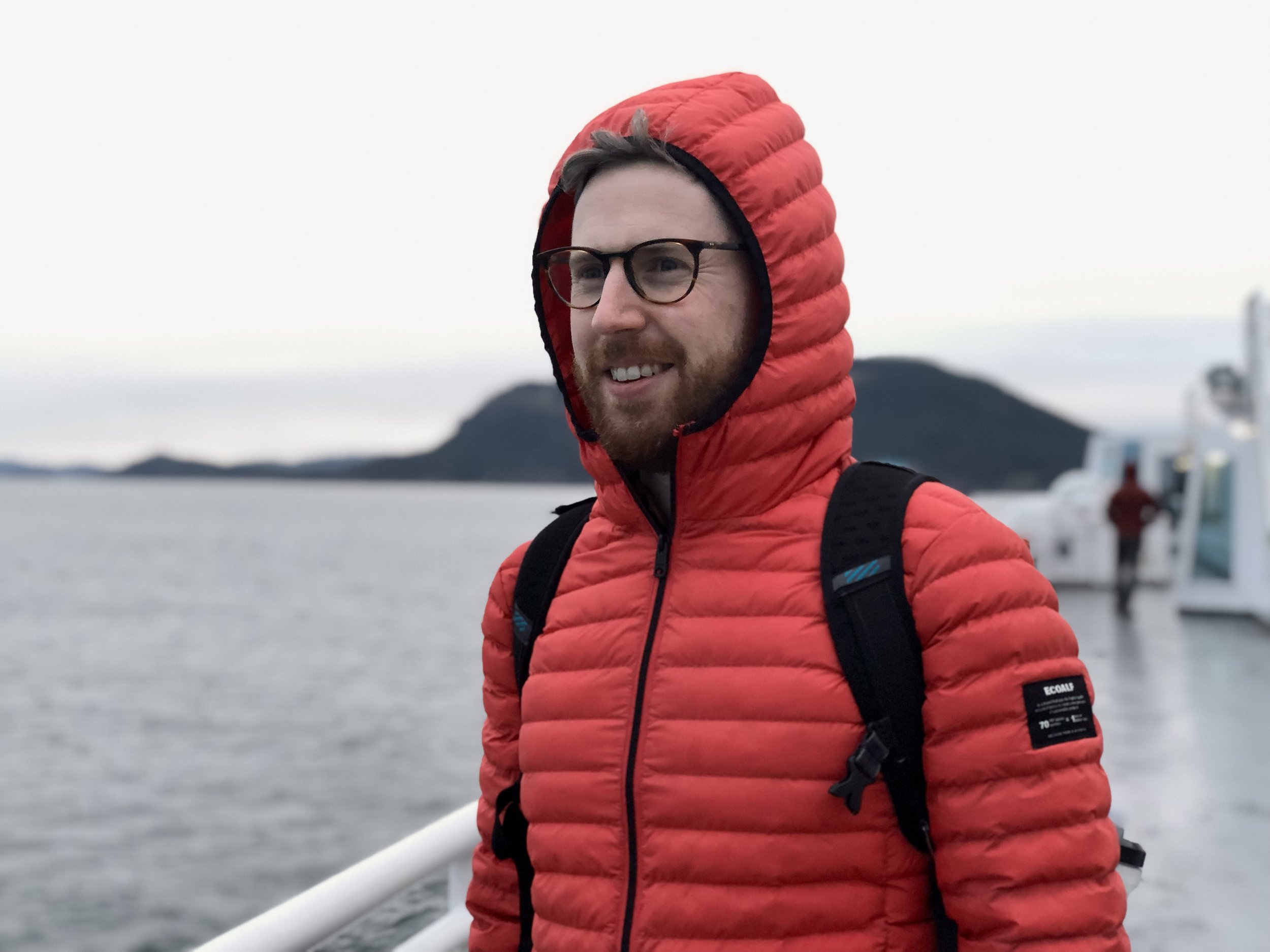As a marine environmental historian, I study past oceans and the evolving relationship between human societies and marine ecosystems. My research focuses on the history of fisheries, with particular attention to Ireland and the wider North Atlantic. I use documentary and cartographic sources to analyse long-term patterns of marine resource use, shedding light on how coastal communities exploited, managed, and were shaped by the sea. This work contributes to historical understanding and provides insights that can inform contemporary efforts in marine conservation and ecological restoration.
I believe historical perspective is essential to meeting today’s environmental challenges. Understanding how people have interacted with marine environments over time allows us to better grasp the scale of past extraction and change — and to better inform policy and restoration going forward.
I completed my PhD in 2021 on the history of Ireland’s sea fisheries (1400–1600) as part of a multidisciplinary research team at the Trinity Centre for Environmental Humanities. I am currently a Research Fellow on the ERC-funded 4-Oceans project at Trinity College Dublin
Featured Work
Historical Clam Fisheries in BC
In our (Skye Augustine, Marco H, Loren Elizabeth McClenachan) new article, we examine the shift from Indigenous stewardship to settler-colonial commercial clam fisheries in British Columbia (1882–1985). Ancestral clam gardens were managed for millennia to sustain long-term yields. Our research traces how settler-colonial violence and the rise of a commercial clam industry dispossessed Indigenous harvesters and disrupted these systems. The commercial fishery prioritized unsustainable extraction for profit, leading to habitat degradation, the introduction of non-native species, and the decline of native clams. Despite these impacts, we found evidence of ecological resilience where Indigenous tending continued. These findings support restoration strategies that center Indigenous governance, knowledge, and responsibility for coastal ecosystems.
Paper: https://royalsocietypublishing.org/doi/10.1098/rstb.2024.0277
